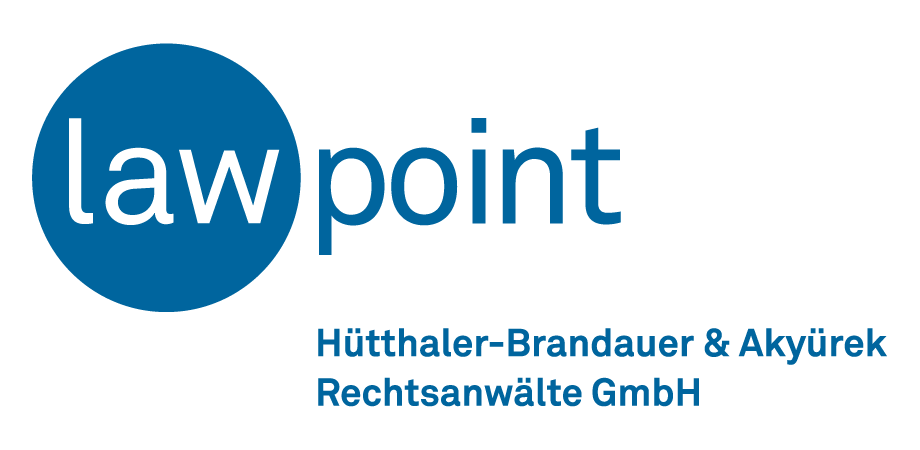Maximum levels for vitamins and minerals in food supplements and fortified foods
The German Federal Institute for Risk Assessment (BfR) has revised its proposals regarding maximum levels for vitamins and minerals in food supplements and fortified foods.
Since there are still no binding maximum levels for vitamins and minerals, particularly at the European level, BfR repeatedly comments on health risks from food supplements and provides information on health problems that may be associated with the consumption of such products. The statement should be able to serve as a basis for discussion for risk management and ultimately as a basis for the creation of statutory maximum quantity regulations at EU level. However, the values must be critically questioned.
The individual documents on the maximum quantity proposals per substance:
- Fat-soluble Vitamins:
Vitamin A:
Beta Carotin:
Vitamin D:
Vitamin E:
Vitamin K:
- Water-soluble Vitamins:
Vitamin B1, B2, Pantothensäure:
Niacin:
Vitamin B6:
Folic Acid:
Vitamin B12:
Biotin:
Vitamin C:
- Minerals and trace elements:
Natrium:
Chlorid:
Kalium:
Calcium:
Phosphor/Phosphat:
Magnesium:
Iron:
Jod:
Fluorid:
Zinc:
Selen:
Copper:
Mangan:
Chrom:
Molybdenum:
Bor:
Silicium:


